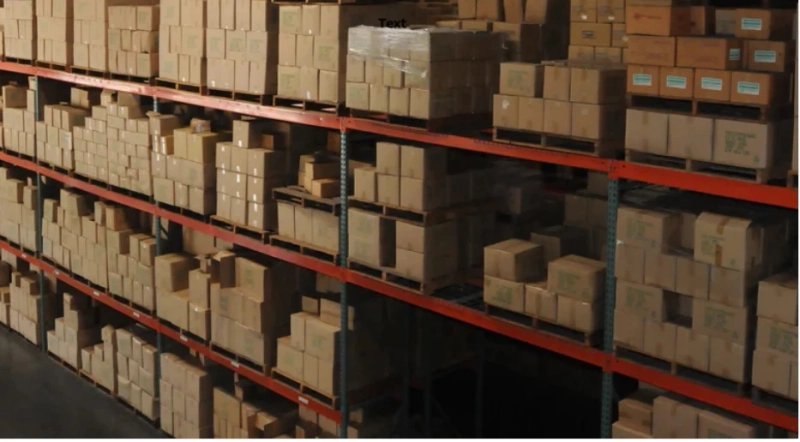Plastic trash bags have become an indispensable part of our daily lives. They offer a convenient and hygienic way to manage and dispose of waste in homes, businesses, and public spaces. However, the use of plastic bags has also come under scrutiny due to environmental concerns.
The Versatility of Plastic Trash Bags
Plastic trash bags come in various sizes, thicknesses, and designs to cater to different needs. From small kitchen trash bags to large industrial liners, plastic bags provide a versatile solution for waste containment and disposal. Here are some of the key advantages of using plastic trash bags:
Durability: Plastic trash bags are known for their strength and tear resistance. This durability ensures that they can hold a variety of waste materials without the risk of leakage or spillage.
Hygiene: Plastic bags provide a sanitary way to handle trash. They prevent direct contact with waste materials, reducing the risk of contamination and the spread of germs.
Odor Control: Many plastic trash bags are designed with odor-fighting technology, helping to keep unpleasant smells contained within the bag.
Easy Disposal: Plastic trash bags are easy to tie and transport to the dumpster or curb. Their lightweight nature makes them a practical choice for everyday use.
Cost-Effective: Plastic trash bags are generally more affordable than some of the alternative options, making them a budget-friendly choice.
Environmental Concerns
While plastic trash bags offer numerous benefits, they have come under scrutiny due to environmental concerns. Single-use plastics, in particular, have garnered significant attention for their impact on the environment. Plastic bags can take hundreds of years to decompose in landfills, and if they end up in oceans and waterways, they pose a significant threat to marine life.
In response to these concerns, there has been a growing push for more sustainable waste management practices. Many individuals and organizations are exploring alternatives to traditional plastic trash bags.
Sustainable Alternatives
Biodegradable Trash Bags: These bags are made from materials that break down more easily in landfills, reducing their environmental impact. However, they may not offer the same level of durability as traditional plastic bags.
Compostable Bags: Compostable bags are designed to be used for organic waste and can be composted along with the waste they contain. They are a more eco-friendly option for kitchen compost bins.
Reusable Cloth Bags: Some households are opting for reusable cloth bags for their trash disposal needs. These can be washed and used multiple times, reducing the overall waste generated.
Recycling: Another way to reduce the need for plastic trash bags is to recycle more effectively. Separating recyclables from non-recyclables can significantly reduce the volume of waste that requires containment.
Plastic trash bags have long been a practical solution for managing waste, but their environmental impact has led to a search for more sustainable alternatives. The choice of trash bags ultimately depends on your specific needs and priorities. Whether you opt for traditional plastic trash bags or explore eco-friendly options, responsible disposal and waste management are essential for a cleaner and more sustainable future.


